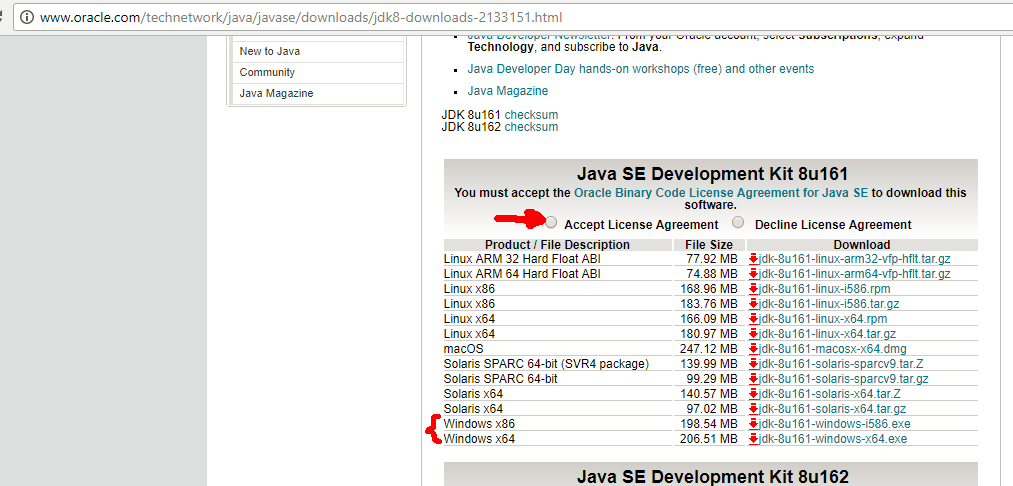
- #Get rid of mac jdk message for java command line tool for mac#
- #Get rid of mac jdk message for java command line tool mac os x#
#Get rid of mac jdk message for java command line tool for mac#
Java Development Kit for Mac (also known as JDK) is a highly professional cross-platform SDK platform created and regularly supported by Oracle Corporation.With a goal of providing specific implementation of Java SE, Java EE and Java ME platforms developers from all around the world use it. For Windows, I recommend to download the file jdk-11.0.7windows-圆4bin.exe. Oracle JDK 11 comes with installers for Linux (rpm and deb), macOS (dmg), Windows (exe) and archive files (tar.gz and zip). Head to Java SE Development Kit 11 Downloads page and choose the download file appropriate to your operating system.Install Java JDK/JRE 7 on Ubuntu Install Java JDK/JRE 8 on Ubuntu Step 1: Install. To Install higher version (Java 7 or 8) on your system using following links. This article will help you to Install Oracle JAVA 6 (JDK/JRE 6u45) on Ubuntu 14.10, 14.04 LTS and 12.04 LTS and LinuxMint systems using PPA File.The problem is that you're not being routed to the correct download website when you click 'More Info.' Download Java Jdk 6u45 Mac Version This isn't a complicated issue to fix, but it is an indirect one. When you visit the download website to update Java, you find that the issue isn't resolved! You're still getting the same pop-up. Without a compatible Java command-line tool for these software, you'll get this pop-up every time you turn on your Mac computer. Older software such as Adobe Photoshop and Illustrator requires legacy Java support.

The reason you're receiving this message is due to the removal of Java support in newer versions of OS X for security reasons. It says, 'To use the java command-line tool, you need to install a JDK.' It asks you to click 'More Info' and visit the JDK (Java Developer Kit) download website.

#Get rid of mac jdk message for java command line tool mac os x#
After upgrading to a newer version of Mac OS X (Yosemite 10.10 and El Capitan 10.11) or macOS (Sierra 10.12 and High Sierra 10.13), you may end up getting an annoying new pop-up message whenever you start your computer.


 0 kommentar(er)
0 kommentar(er)
